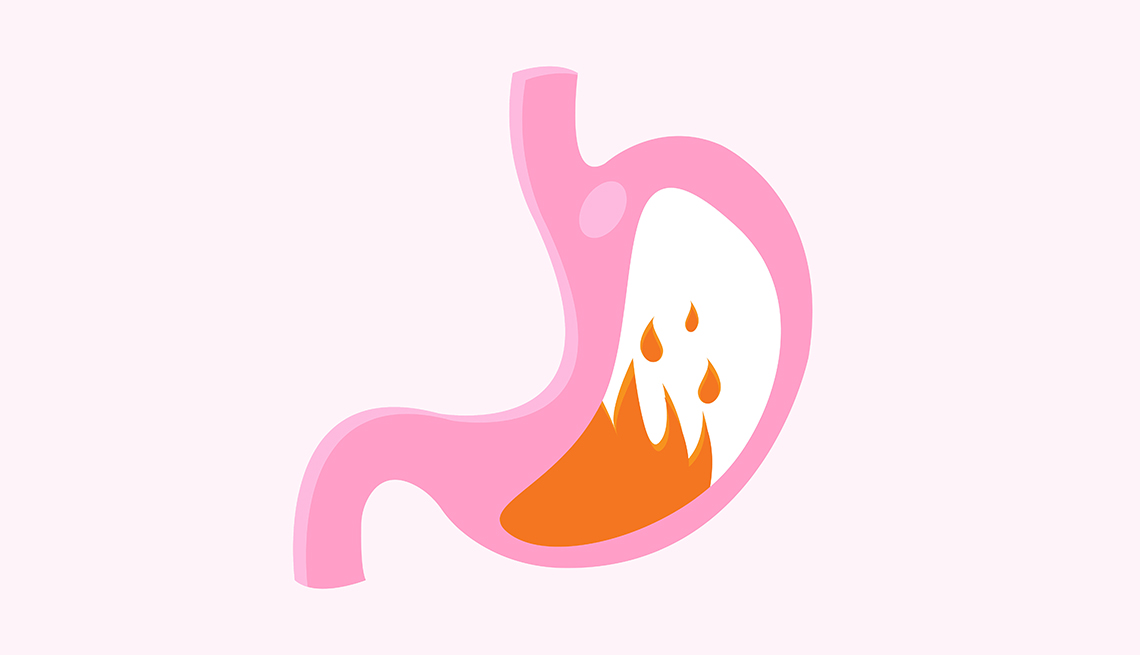
Are your drugs and supplements causing heartburn?
- Select a language for the TTS:
- UK English Female
- UK English Male
- US English Female
- US English Male
- Australian Female
- Australian Male
- Language selected: (auto detect) - EN
Play all audios:

Sometimes, though, it’s hard to pinpoint which pill is the culprit. In that case, experts recommend going over with your doctor a list of all the medications and all the supplements — herbs,
vitamins, protein powders and more — you take. Better yet: Write the list down or print it out before your appointment so you’re organized and ready. EASING THE SYMPTOMS If you can’t take a
break from your heartburn-causing medications, you can do other things to get some relief. Heartburn can often be managed with lifestyle changes and occasional over-the-counter medications.
For starters: Don’t eat at least three hours before bed. “That’s not always so easy to do,” Olsen says, “but it really does help.” Experts also recommend trading big meals for more
frequent, smaller ones; avoiding carbonated beverages and fatty foods, both of which can increase reflux; taking pills with a full glass of water to make sure they wash all the way down; and
staying away from foods that seem to trigger your heartburn. “We used to think there were some tried and true foods,” like alcohol, chocolate and spicy foods, that caused reflux, Olsen
says. “But now we’re learning it’s very patient-specific.” You can also head to the drugstore for remedies. “Most of the major treatments for heartburn are now available over the counter,”
Lamont says. Antacids like Tums or Rolaids are fast-acting treatments for mild cases of heartburn. Histamine blockers like Pepcid, which can be more effective than antacids, work within a
day. Proton pump inhibitors, like Prilosec, can take several days to kick in and are the most potent heartburn medications now available without a prescription. Just be sure to ask your
doctor which option is right for you. And know, too, that no medication, even if it’s over the counter, is meant to be used long-term, Cotton says. “If you’re using them every day, for weeks
or months, you should probably talk to your doctor about it,” he says. Physicians can perform an upper endoscopy and other tests to ensure that there aren’t aggravating, underlying
conditions requiring separate treatment or even surgery to correct. Also, if heartburn is waking you up from sleep, if it’s giving you a progressively worsening cough, or if you’re noticing
any shortness of breath or chest tightness, those are warning signs to seek medical attention, Olsen says. That said, for most of us, most of the time, heartburn is just another
inconvenience of daily living. “Everybody in the whole world will have heartburn once in a while,” Lamont says. “It’s universal.”
